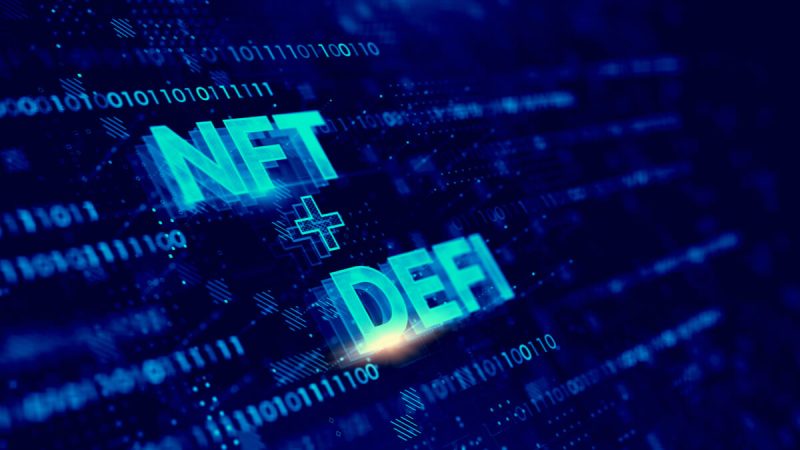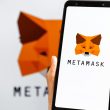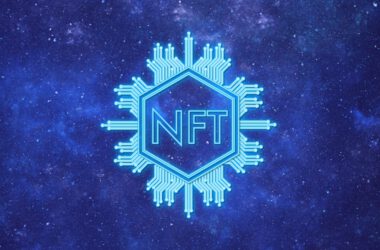Decentralized finance turned out to be one of the key developments in the world of cryptocurrency, taking off in 2021. The chief idea of DeFi was that crypto assets need not sit idle in wallets and only rely on speculative trading. Instead, assets could be used as collateral, for lending, trading as well as for automated market making.
Why Smart Contracts Matter
With the growth of the Ethereum blockchain and its competitors, the deployment of smart contracts accelerated, boosting both quantity and complexity. Smart contracts are at the basis of decentralized finance, and in the earnings mechanism of many play to earn games.
A smart contract is a code set to achieve a series of actions on a token and record them on the blockchain. A smart contract automates the sending, receiving, distribution, or even the destruction or lockup of tokens. It can pay out interest, or be used for voting. It can invite an airdrop of rewards or NFT items, as well as mint the NFTs themselves and collect the fees.
Think of smart contracts as of a digital vending machine, which will only perform what it is programmed to do. Usually, the smart contract will be open for review, but some projects will only post a black box contract.
Avoid Smart Contract Risk
Sending funds to the address of a smart contract will erase the tokens permanently – so make sure you are sending tokens to the right address.
Also make sure you are using projects that have audited
and tested their smart contracts, to avoid exploits.
How NFT Games are Similar to DeFi
In DeFi, one of the chief techniques is to lock in tokens, dollar-pegged coins or another coin such as ETH or BTC, into a smart contract. The chief idea is to receive returns for the investment, while having an incentive to not withdraw the tokens. For DeFi users, this waiting may be unnerving and boring.
Play to earn requires a similar upfront investment of crypto coins, usually to buy the initial assets or set up the playing account. Afterward, the data collected within the game remain linked to the user’s account.
Once they have a play to earn account and a wallet, it is possible to receive token rewards, build up reputation, increase passive returns or participate in loans and other forms of in-game financial operations.
An NFT game access wallet is therefore similar to a fintech app or an investment service, with the added functionality of gaming.










